Student Studies the City’s Coyotes, DNA
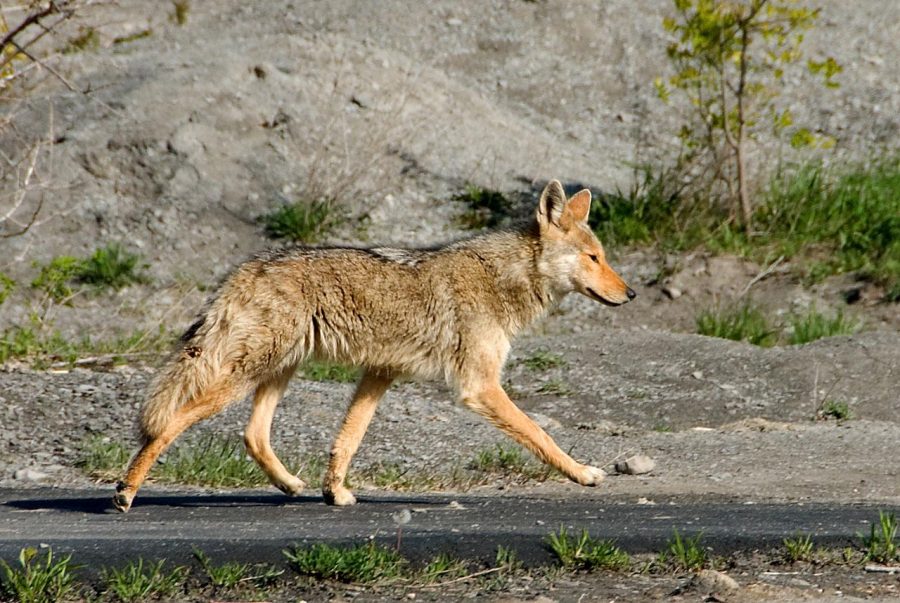
Student Studies the City’s Coyotes, DNA
Emily Hargous, FCRH ’18, studies New York City’s coyotes and is a member of the Gotham Coyote Project.(Courtesy of Google)
Emily Hargous, FCRH ’18, studies New York City’s coyotes and is a member of the Gotham Coyote Project.(Courtesy of Google)
Hang on for a minute...we're trying to find some more stories you might like.
Email This Story
By Julia Rist
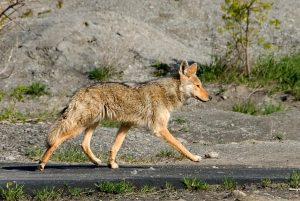
Emily Hargous, FCRH ’18, studies New York City’s coyotes and is a member of the Gotham Coyote Project. (Courtesy of Google)
If you think you have escaped the presence of coyotes by moving to the city, think again. Emily Hargous, FCRH ‘18, said she has found no shortage of these animals while conducting her research. Hargous, a biology major and math minor, is researching how the seasons affect urban coyotes’ diets.
“[Coyotes] definitely have become much more attracted to urban areas,” Hargous said. “Plenty of papers have published that they’ve actually moved into New York City.”
In the summer of 2016, Hargous led a group of high school students in ecological research while volunteering for Project TRUE (Teens Researching Urban Ecology,) a collaboration between Fordham University and the Wildlife Conservation Society. Project TRUE pairs three high school students with a university student or faculty member to serve as their mentor while they conduct ecological research.
While acting as a mentor and a team leader for Project TRUE, Hargous found her own mentor in Carol Henger, GSAS. Henger, a fourth-year doctoral candidate in the Biology Department, is working on a project of her own in which she studies urban coyotes.
After Hargous’s second summer volunteering, Henger asked if Hargous would be interested in helping her with a research project.
“I was impressed with Emily’s hard work and enthusiasm toward ecology, and at the end of the summer, I asked her if she’d like to volunteer in the lab,” Henger said. “Emily started volunteering during her junior year, learning laboratory techniques such as DNA extraction and polymerase chain reaction (PCR).”
Both Hargous and Henger conduct their research at the Munshi-South laboratory in Armonk, New York. Henger is also a member of the Gotham Coyote Project, a group that studies the ecology of New York City’s coyote population.
In the fall of 2017, Henger was trying to determine how different coyotes’ DNA was from one another. In order to find this out, she collected coyote scat to extract the DNA. Then, Henger used a PCR to see the DNA clearly. By using this technique, she was able to differentiate one DNA strand from another.
“When you use the PCR you can determine how unique the individuals are,” Hargous said. “If you’re looking at a bunch of different scat samples from one area, you don’t know if that sample is just going to be from one coyote or two.”
Hargous’s research project builds on Henger’s work. While conducting her own research, Hargous examined the anthropogenic components of the food coyotes eat to better determine the nature of their diet.
“We’re seeing if the coyotes are eating wheat, corn and rice [which are all anthropogenic components] because that’s what humans are eating,” Hargous said. “We’re also looking for plant, invertebrate, vertebrate and poaceae, which is a type of grass. We’re trying to see how much of what they’re eating is actually human food.”
One challenge that Hargous says she encounters in her research is the collection of the scat samples. The seasonality component is a big part of Hargous’s project, which means she has to take scat samples in all four seasons, including winter. When the scat is frozen, it is very difficult to extract DNA, according to Hargous.
“The DNA in scat samples that we’ve found during this time of year have been very degraded,” Hargous said. “Some of them are just frozen, and some of them are from 2006 or onward, so they’re really degraded.”
To combat this issue, Hargous studied samples that had been taken from past years.
So far, Hargous has had 51 samples of coyote scat to use as part of her research. She said the samples she collected indicated that coyotes are eating more human food than food that is commonly associated with a coyote’s diet like plants and small animals.
Hargous said a big reason as to why coyotes have become so common in urban areas could be because their diets have changed. In order for coyotes to continue thriving in urban areas, humans have to be better at co-existing with them, according to Hargous.
“If you find that they’re actually eating more human food, it’s important to find more ways to aid coyote-human interactions,” Hargous said.
Hargous said she hopes her project will make more people more aware of the presence of coyotes in the city.
“You have to be aware that, although you’re living in the Bronx or Manhattan, you have to think about wildlife other than pigeons,” she said. “You have to be aware and respectful that this is their environment too.”
Hargous will present her findings on April 11 at Fordham’s Undergraduate Research Symposium.


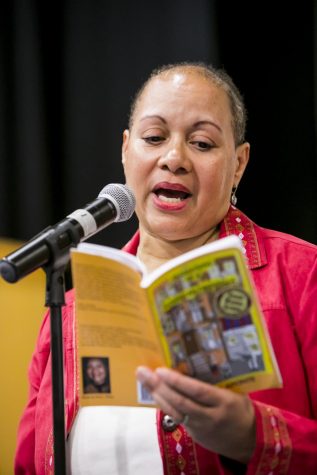
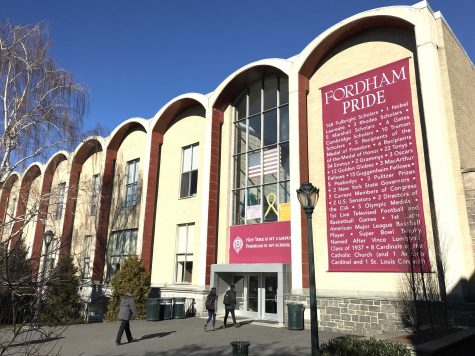
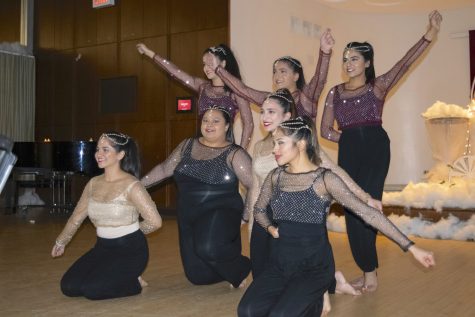

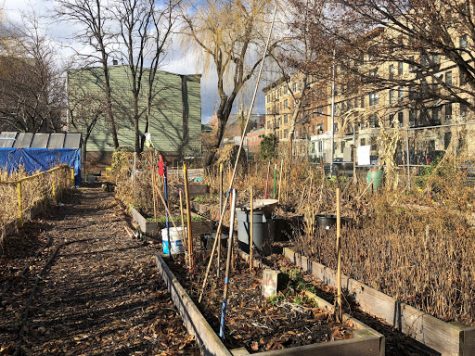
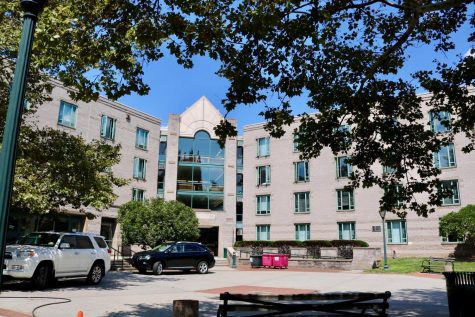
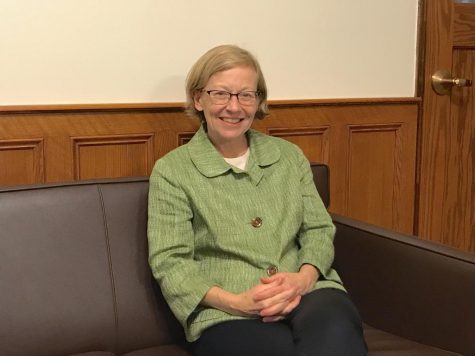
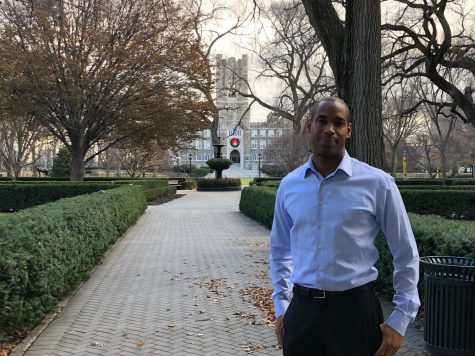
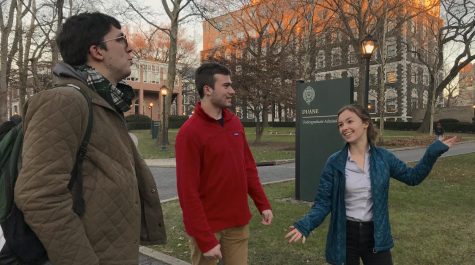

If you want a picture to show with your comment, go get a gravatar.